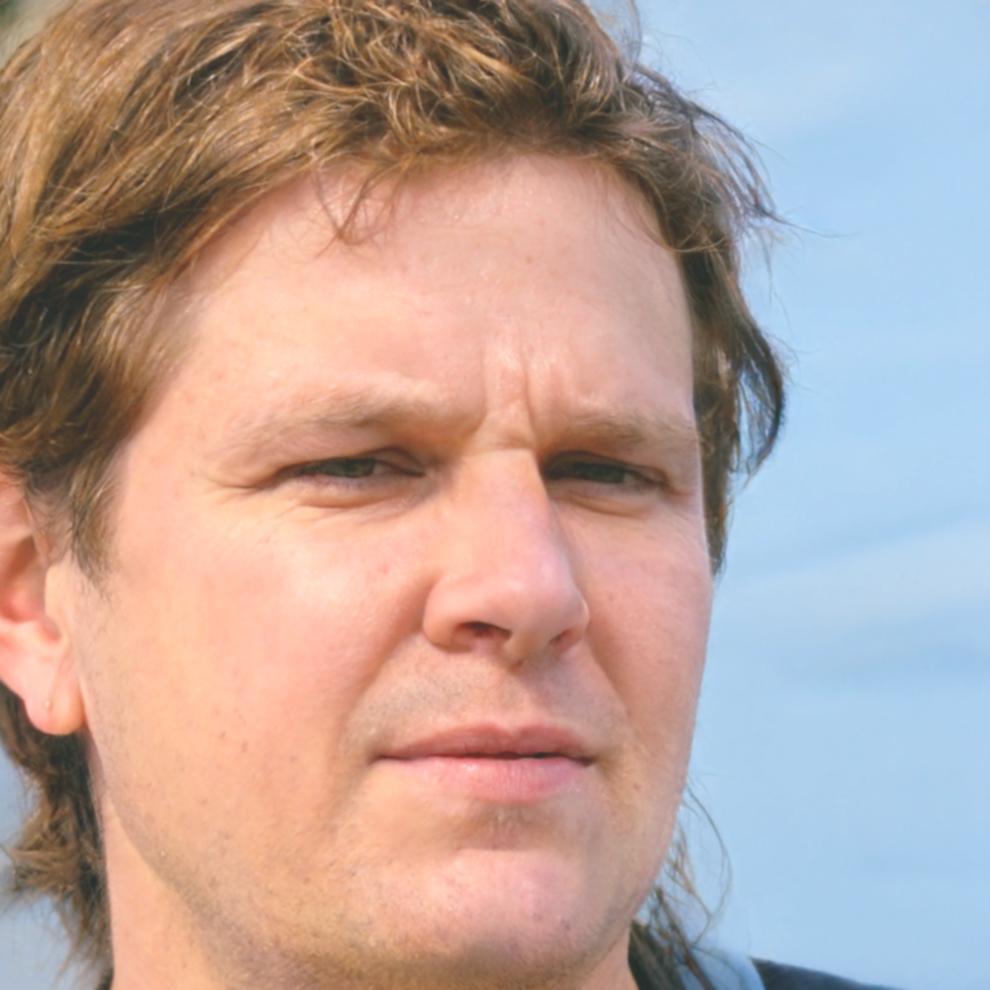
Foundations of Money Mindset
Sep 2025A 12-week evening program exploring why we make the financial choices we do. We'll talk about cognitive biases, emotional spending triggers, and the stories we tell ourselves about wealth. There's homework—weekly reflections and budget tracking exercises that actually matter.
- Duration 12 weeks
- Schedule Tuesdays, 7-9pm
- Format In-person, Kaohsiung
- Class Size Max 18 students



